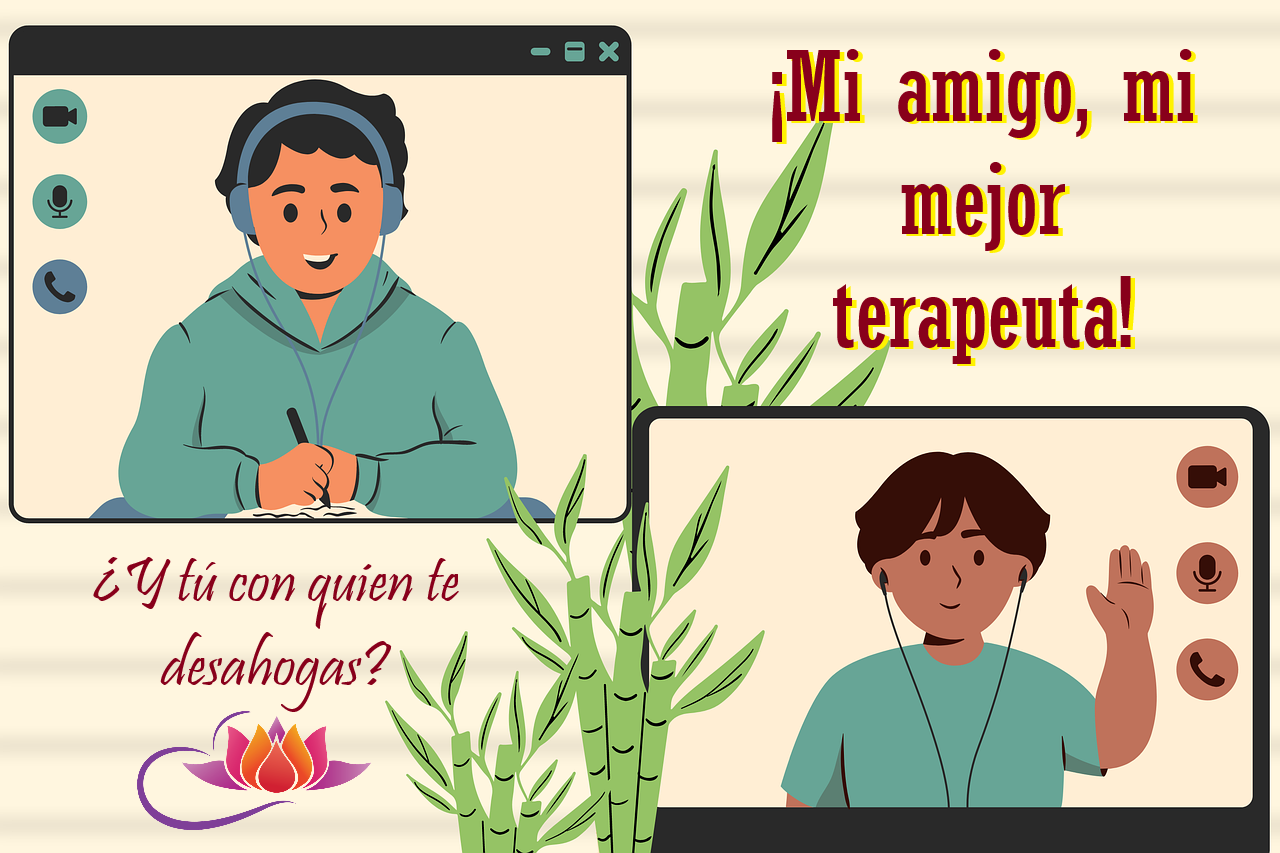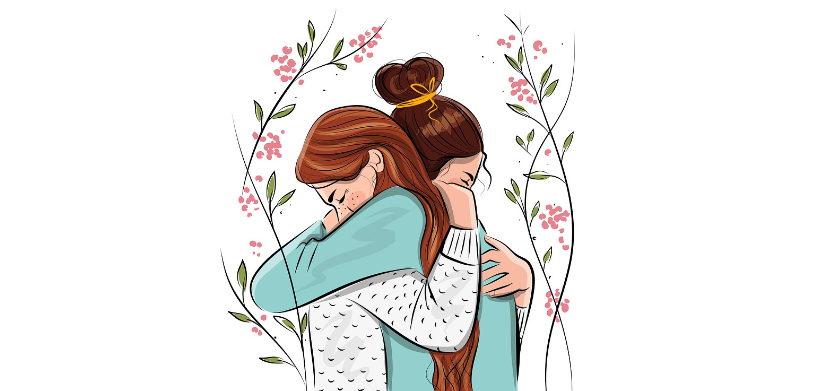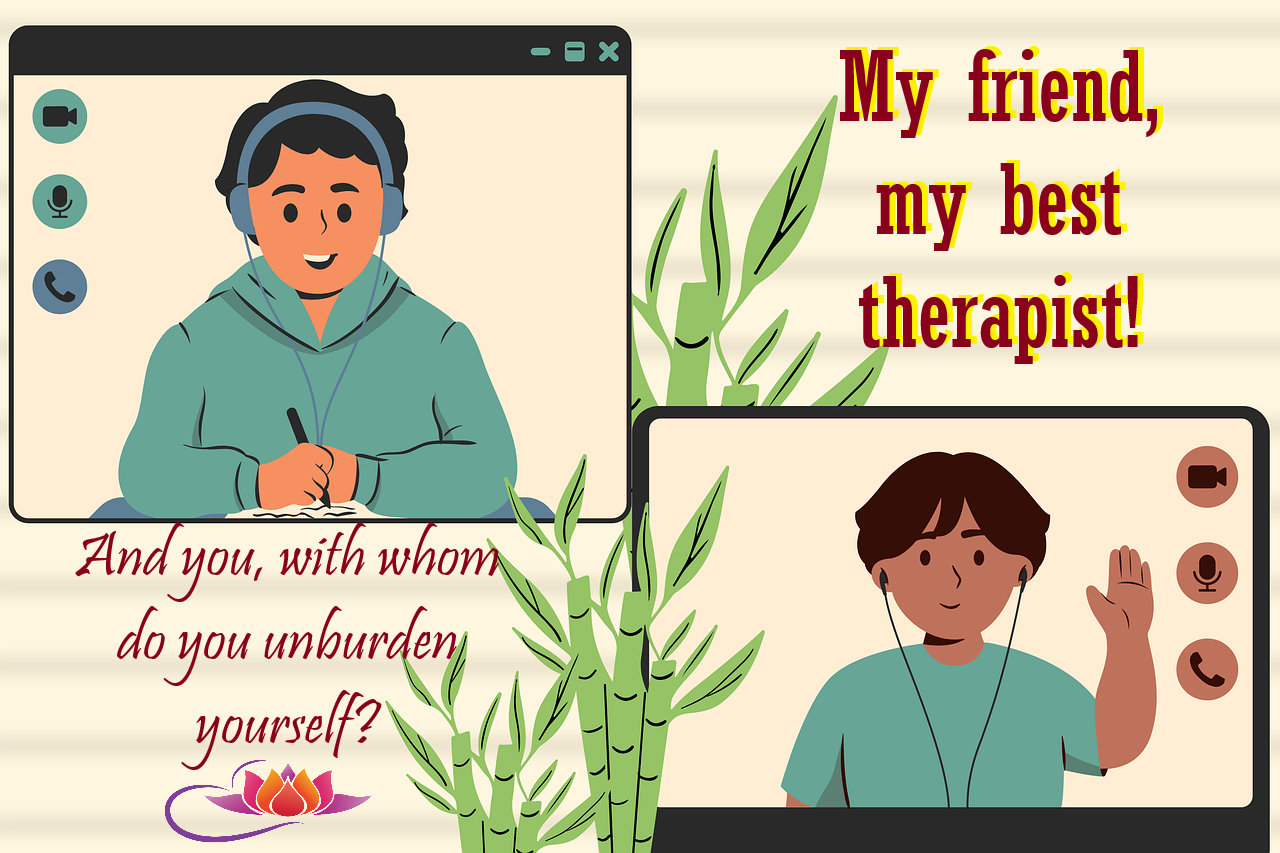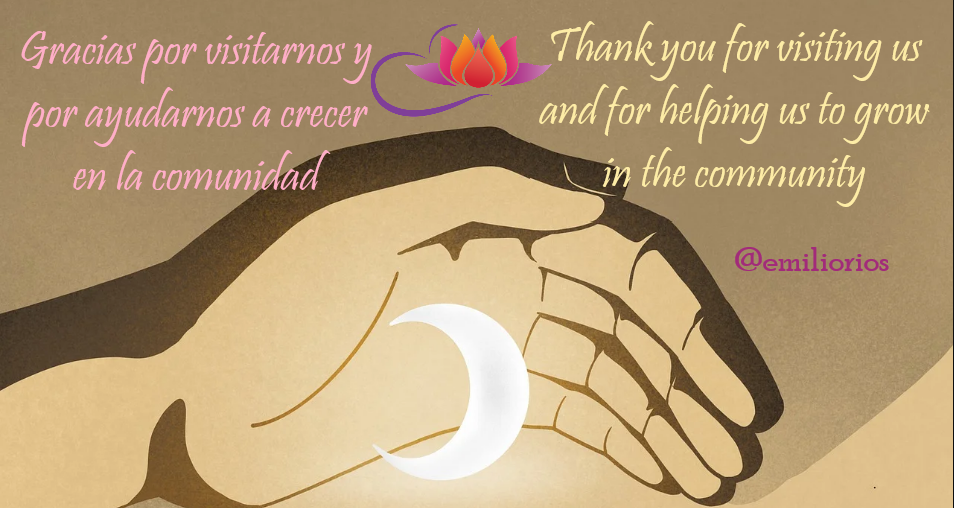Primero al psiquiatra… ¡No; primero al amigo!
¿Ustedes saben cuántas personas acuden a la consulta simplemente para desahogarse?
Y siendo sincero, porque estamos entre amigos y ya
@holos-lotus llegó a los
3 mil seguidores que escuchan y nos hablan; he pensado muchas veces que son personas que no tienen una red social que los apoye, que no tienen amigos, o que simplemente les cuesta confiar en otros...
¡Y eso no lo podemos normalizar y bien podrían o deberían escribir e interaccionar en #Hive y en la comunidad!
Lo que hay que normalizar es la amistad.
La red de apoyo social es sumamente importante para resolver muchos desafíos personales y por eso es parte necesaria en investigaciones modernas y de los estudios científicos que hacemos ante cualquier problemática o condición.
Más aún, a nivel de la depresión; pero no solo para la depresión o las enfermedades mentales.
Ante cualquier problema, pensamos que quien nos puede ayudar a corregirlo es un psicoterapeuta, un psicólogo o un orientador, inclusive el mismo psiquiatra.
Y no, no es así; debemos aprender a expresarnos emocionalmente y a saber con quiénes nos vamos a expresar, pues existen personas en nuestro entorno que nos ayudarán efectivamente, ¡y con amor!
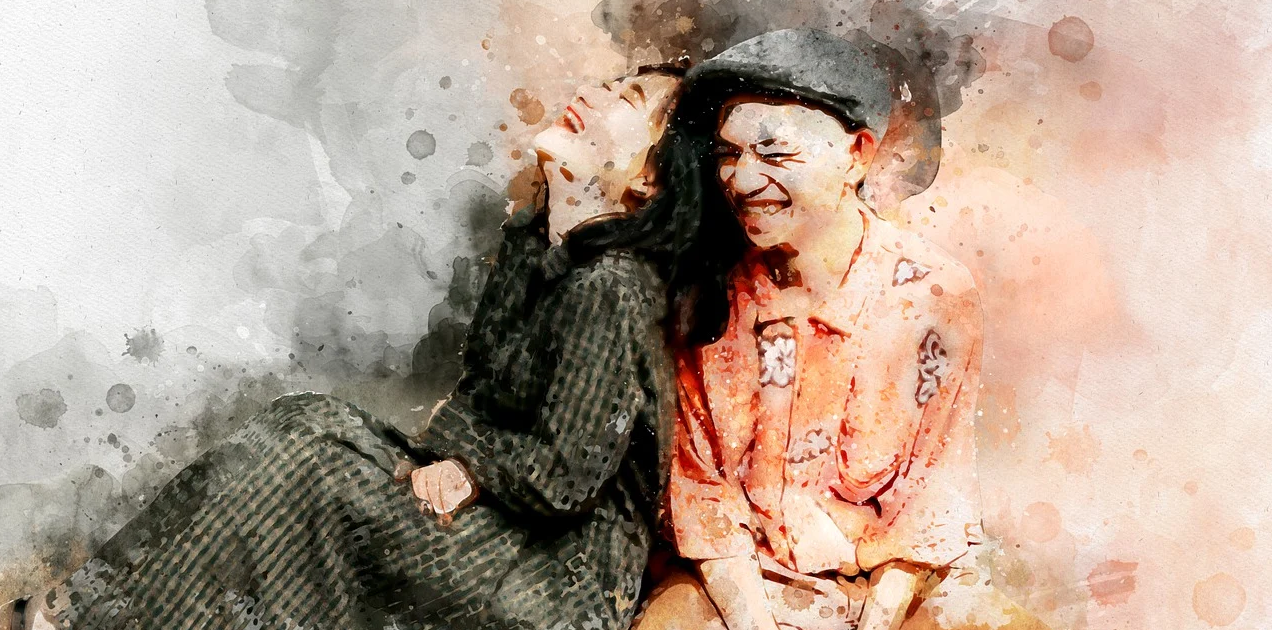
Los beneficios de una buena conversación
Observamos que, cientos de blogs sobre conducta o psicología,
enaltecen las relaciones sociales como una forma de aliviar el estrés.
Y no solo eso, como una manera de liberar emociones y conseguir perspectivas diferentes, para obtener visiones más amplias acerca de las situaciones problemáticas o desafíos de la vida.
Cuando nos abrimos y nos expresamos, por supuesto, que lo hacemos donde sentimos apoyo, por lo que, la conexión inmediatamente acude como arma contra la tristeza, la ansiedad y como una manera de evitar el aislamiento social y la depresión.
El poder de una conversación ha sido discutido en muchas instituciones científicas, con resultados que afirman que tiene efectos neuroquímicos increíblemente positivos, como liberación de serotonina, oxitocina y de la misma dopamina.
Estas son las hormonas del bienestar, las hormonas de la felicidad; y hay una reducción de los niveles de cortisol cuando nos desahogamos y, por supuesto, mejora el estado de ánimo.
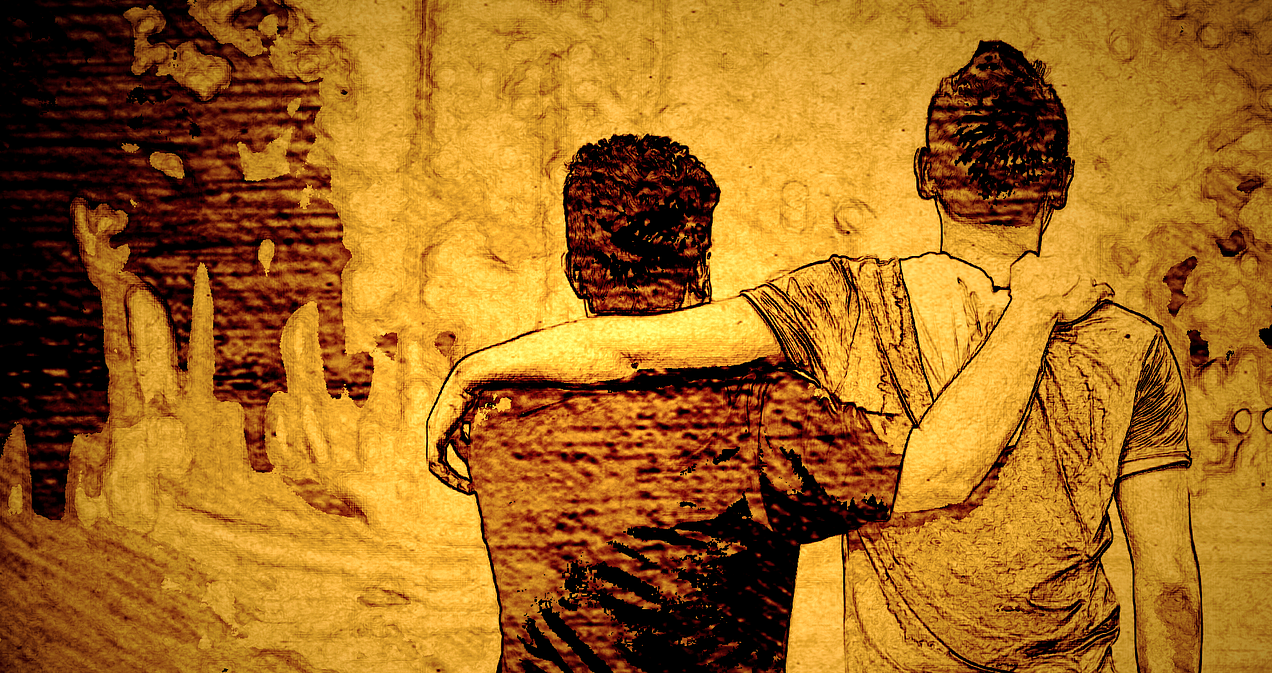
¿Qué hago si quiero desahogarme?
Existen dos cosas muy importantes de comprender:
Primero, debes saber lo que vas a decir; es decir, conocer el tema, lo que te está ocurriendo y, por lo tanto, debes saber lo que estás viviendo y hacer conciencia de esto para poderlo hablar.
Utiliza un lenguaje comprensible, que la persona sepa la situación y la entienda.
No te desvíes, hazlo en forma directa y aprende a no sacar conclusiones antes de tiempo; para eso, intenta ver esto como una negociación o como una especie de estudio.
Aprende, a quién le vas a decir tus cosas, porque también hay que depurar nuestro ambiente social y tener claro, con quién te vas a comunicar.
Y, por supuesto, como última sugerencia o recomendación, sé honesto.
Pero hay otra cosa o asunto que en realidad debemos reconocer, y es el saber si tenemos en nuestro entorno apoyo, si hay una red social de apoyo y si hay una red familiar de apoyo en mi entorno.
***¿Tengo a alguien con quien conversar sobre mis cosas?***
Esta sería una buena manera de compartir por aquí; así que, me gustaría que me dijeras eso; y, si es posible, en una publicación.
*Por eso digo que no sé si esto se va a transformar en una iniciativa, pero, me gustaría bastante que pudieras responder esa pregunta y compartir:*
***Esta es la persona con la que yo me desahogo.***

First to the psychiatrist... No, first to the friend!
Do you know how many people go to the doctor simply to unburden themselves?
And being honest, because we are among friends and
@holos-lotus has already reached
3 thousand followers who listen and talk to us; I have often thought that these are people who do not have a social network to support them, who do not have friends, or who simply find it hard to trust others...
And we can't normalize that and they might or should well write and interact on #Hive and in the community!
What needs to be normalized is friendship.
The social support network is extremely important to solve many personal challenges and that is why it is a necessary part of modern research and scientific studies we do in the face of any problem or condition.
Even more so, at the level of depression; but not only for depression or mental illness.
Before any problem, we think that who can help us to correct it is a psychotherapist, a psychologist or a counselor, even the same psychiatrist.
And no, it is not like that; we must learn to express ourselves emotionally and to know with whom we are going to express ourselves, because there are people in our environment that will help us effectively, and with love!

The benefits of a good conversation
We observe that hundreds of behavioral or psychological blogs
extol social relationships as a way to relieve stress.
And not only that, as a way to release emotions and get different perspectives, to get broader visions about problematic situations or life challenges.
When we open up and express ourselves, of course, we do so where we feel supported, so connection immediately comes as a weapon against sadness, anxiety and as a way to avoid social isolation and depression.
The power of conversation has been discussed in many scientific institutions, with results claiming that it has incredibly positive neurochemical effects, such as the release of serotonin, oxytocin and dopamine itself.
These are the feel-good hormones, the happiness hormones; and there is a reduction in cortisol levels when we vent and, of course, it improves mood.

What do I do if I want to unburden myself?
There are two very important things to understand:
First, you must know what you are going to say; that is, you must know the subject, what is happening to you and, therefore, you must know what you are experiencing and be aware of this in order to be able to talk about it.
Use understandable language, so that the person knows the situation and understands it.
Do not deviate, do it in a direct way and learn not to draw conclusions before the time; for that, try to see this as a negotiation or as a kind of study.
Learn, to whom you are going to tell your things, because you also have to purify our social environment and be clear, with whom you are going to communicate.
And, of course, as a last suggestion or recommendation, be honest.
But there is another thing or issue that we really need to recognize, and that is to know if we have support in our environment, if there is a social network of support and if there is a family network of support in my environment.
***Do I have someone to talk to about my things?***
This would be a good way to share around here; so, I would like you to tell me that; and, if possible, in a publication.
*So, I don't know if this is going to turn into an initiative, but, I would really like it if you could answer that question and share:*
***This is the person I vent to.***



Barras separadoras y logo de English, creadas y editadas en Paint.
Separator bars and English logo, created and edited in Paint.
Banner personalizado de
@emiliorios realizado en Paint, con vectores de:
Custom banner by @emiliorios made in Paint, with vectors of:Pixabay-HonyKunstImagen de agradecimiento, tomando el logo de nuestra comunidad y editada en Paint, de:
Thank you image, taking our community logo and edited in Paint, by:Pixabay-CDD20Logo de la comunidad utilizado en las imágenes, de:
Community logo used in the images, from:Pixabay-2405360Si lo deseas, puedes seguirnos en:
If you wish, you can follow us at:
 [@holoslotus](https://www.instagram.com/holoslotus/)
[@emiliorios580](https://www.instagram.com/emiliorios580/)
[@holoslotus](https://www.instagram.com/holoslotus/)
[@emiliorios580](https://www.instagram.com/emiliorios580/)

